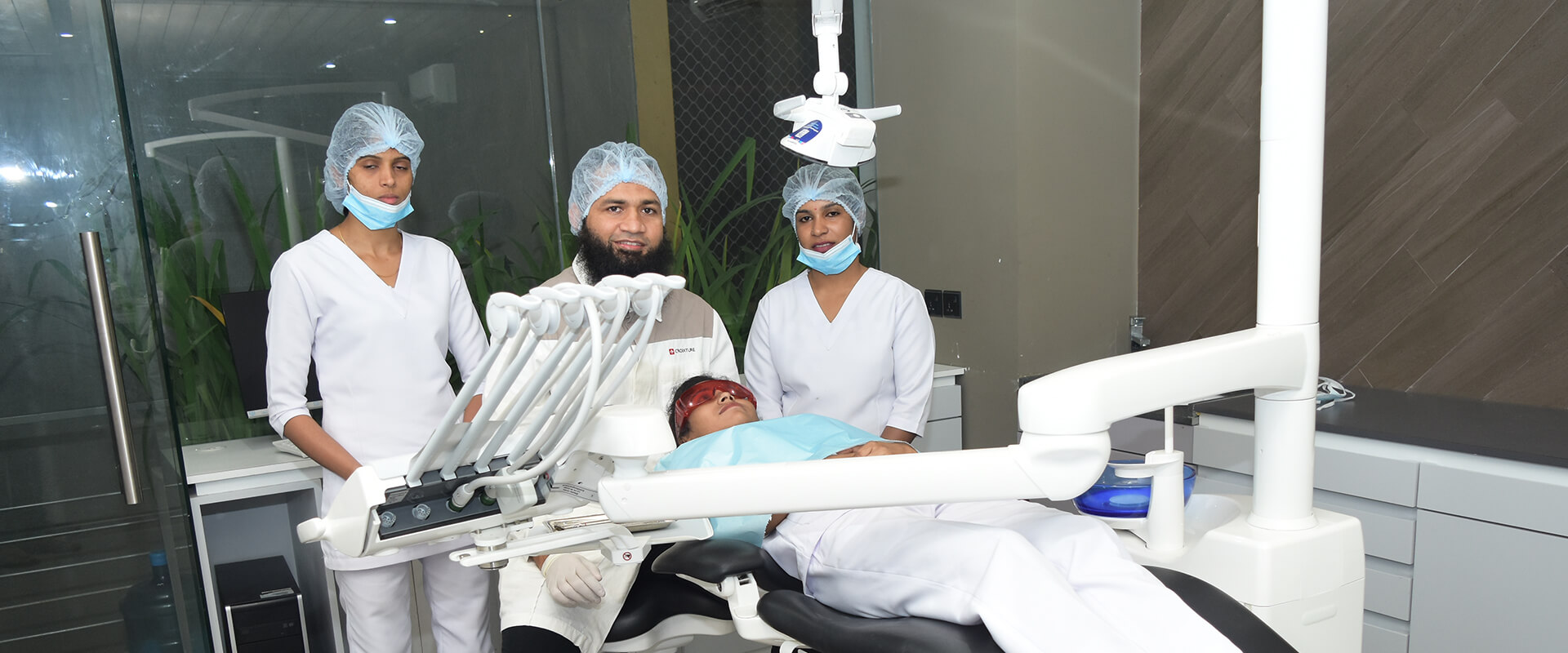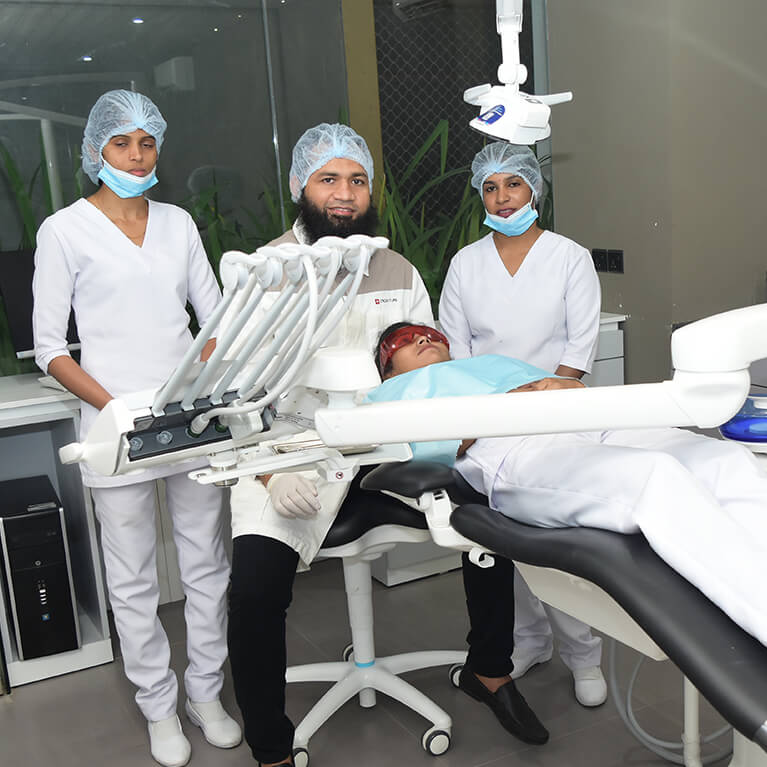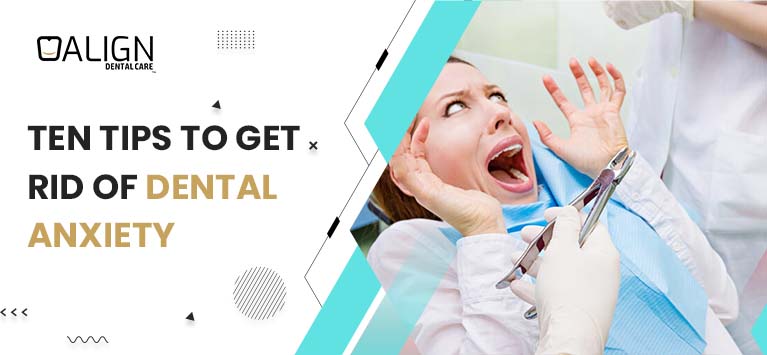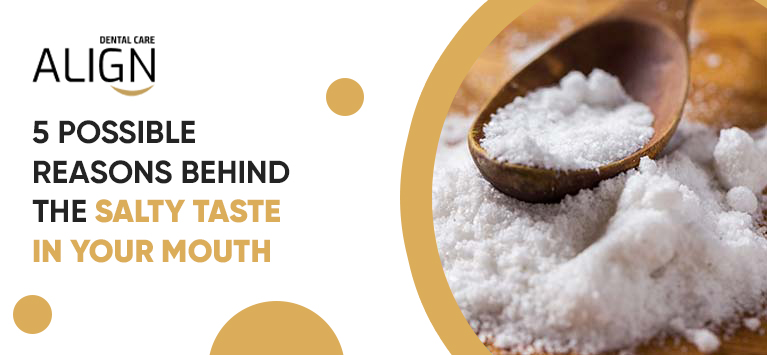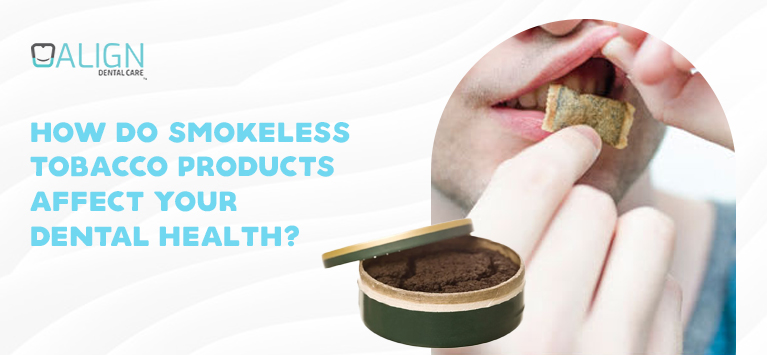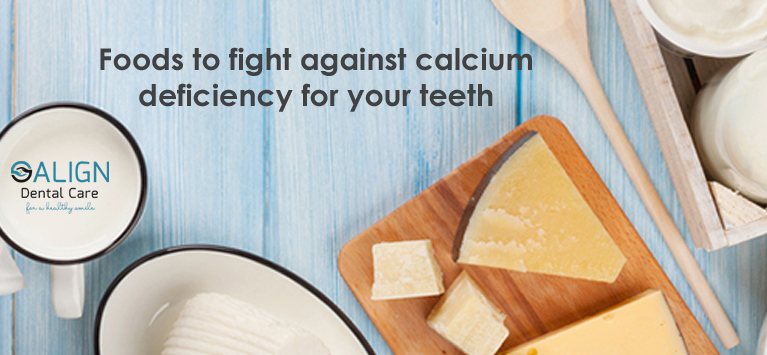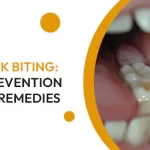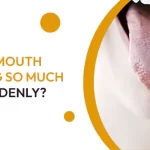Do you find visiting the dentist terrifying? Despite being more prevalent, dental anxiety is easily manageable.
Your oral health will be negatively impacted if you cannot overcome your dental phobia. So throw your fear out by knowing what dental anxiety is and including its symptoms, reasons for existing, and some tactics and strategies for overcoming it in this blog post.
Read on to overcome your phobia!
Dental anxiety: What is it?
Dental anxiety is the anxiety, dread, or tension related to a dental environment.
Odontophobia, often known as dental phobia, is a relatively frequent cause of people skipping their scheduled exams for oral health. Some individuals are genuinely terrified to visit the dentist.
Signs and symptoms of dental anxiety
Here are some symptoms that indicate you have dental anxiety.
- Increase in heartbeat rate
- Using humor or aggression to disguise nervousness
- Low blood pressure
- Sweating
Causes of dental anxiety
- Fear of pain
- Poor experience
- Embarrassment in allowing others to touch your mouth
- Fear of needles and drill sound
- A poor impression of dentists
- Panic due to claustrophobia
Tips and tricks to overcome dental anxiety
We know that there will always be remedies if there is an issue. Here are some tips and tricks for a calm and relaxed dental checkup.
Pick the ideal dentist for yourself.
First and foremost, you must select a reputable dentist who specializes in helping those who have anxiety and fear of the dentist. Additionally, pick a dentist who treats you well and who gets positive feedback from their present patients.
Share your anxiety.
Sharing your feelings can have a significant impact on how things turn out. Discussing your fears with your dentist may help you overcome them and maintain your comfort. There are others you can discuss your anxiety with besides your dentist. You can seek counseling or talk to your friends and family about your anxiety.
Deviation may be advantageous.
If there is a television in the clinic, you can watch films, videos, and other media there. If not, you can use your tablet or mobile device. Get relaxed by endeavoring deviation strategies like hearing your favorite playlists, audio files, and podcasts. Even engaging in conversions helps you distract from dental fear.
Engage in deep breathing exercises.
Breathing is the key to remaining calm and relaxing in some situations. Breathing can bring physiological changes to our body, like reducing the heart’s pulse rate and lowering blood pressure. Additionally, the blood stress level can also be lowered.
CBT (Cognitive-Behavioural Therapy).
CBT is a form of psychological treatment. It will help people manage mental health conditions like stress, depression, phobias, and anxiety. This treatment approach helps you recognize negative thoughts and find ways to replace them with positive ones. So, this therapy can be used to treat dental phobia and its associated conditions.
Request for sedative solutions.
Sedatives are one of the options. Ask your dentist about sedatives using relaxation techniques if you cannot reduce your anxiety. During dental procedures, sedation is used to keep you comfortable. Nitrous oxide, oral conscious sedation, and intravenous (IV) sedation are available.
Bring a support person along.
A friend can sometimes be all you need to grasp your hand and reassure you that everything will be good. Ask a friend or member of your family to accompany you if you’re nervous about receiving therapy. A friend may sit by your side in the room during the procedure.
Skip the caffeine.
Before a dentist appointment, pay attention to your food. It’s common knowledge that foods heavy in sugar and caffeine can cause jitters, so it’s best to avoid them before your visit. Instead, opt for protein-rich foods, as they have a soothing influence.
Establish non-frantic times for your appointments.
Choose a time for your appointment that is convenient for you. Avoid rushing to your appointment on time because doing so will make you uptight and anxious. You might find it beneficial to lessen your worry when fewer patients are scheduled.
Take breaks.
You can relax for a while between dental procedures by taking pauses. You can utilize a few signs to let your dentists know you need a rest. As a result of your mind and body relaxing when needed, this will lower your anxiety level.
Bottom Line
It’s not difficult to overcome your dentophobia. Your dental anxiety should never take you away from your path toward maintaining excellent oral hygiene. It’s essential to be open about your anxiety, consult a dentist, and share your problems. Follow these tips to eliminate anxiety and maintain excellent oral hygiene through regular dental checkups.





